Today’s tax landscape can be a daunting task for entrepreneurs, especially when juggling the myriad responsibilities of running a business.
Effective tax planning and management are crucial for minimising liabilities, ensuring compliance, and optimising financial health.
This guide provides essential tax advice for entrepreneurs, offering insights into key areas such as tax structures, deductions, and best practices.
Understanding Business Structures
The choice of business structure significantly impacts your tax obligations. Here are the most common structures in the UK and their tax implications:
- Sole Trader: Simple to set up and operate, but you are personally liable for all business debts. Income tax is paid on the business profits.
- Partnership: Similar to sole trading but involves two or more people sharing profits and responsibilities. Each partner pays income tax on their share of the profits.
- Limited Company: Offers limited liability protection, meaning your personal assets are separate from your business debts. Profits are subject to Corporation Tax.
- Limited Liability Partnership (LLP): Combines elements of partnerships and limited companies, offering flexibility and limited liability. Each partner pays income tax on their share of the profits.
For more information, visit the HMRC business structures guide.
Key Tax Obligations for Entrepreneurs
1. Income Tax
Entrepreneurs must report their earnings and pay income tax on their profits. The rates and bands for the 2023/2024 tax year are:
- Personal Allowance: £12,570 (0%)
- Basic Rate: 20% on income between £12,571 and £50,270
- Higher Rate: 40% on income between £50,271 and £125,140
- Additional Rate: 45% on income over £125,140
It’s essential to understand these thresholds and plan your finances accordingly.
For more detailed information, visit the HMRC income tax rates and allowances page.
2. Corporation Tax
If you operate as a limited company, you’ll need to pay Corporation Tax on your profits. The current rate is 25% for businesses with profits over £250,000. For companies with profits up to £50,000, the small profits rate of 19% applies. For profits between £50,000 and £250,000, the marginal relief rate applies.
File your Corporation Tax return (CT600) and pay any tax due within nine months and one day after the end of your accounting period. More details can be found on the HMRC Corporation Tax page.
3. Value Added Tax (VAT)
If your business’s taxable turnover exceeds £85,000, you must register for VAT. VAT-registered businesses must charge VAT on their goods and services and can reclaim VAT on business-related purchases. Understanding the different VAT schemes and choosing the right one for your business can be beneficial.
For comprehensive information on VAT registration, visit the HMRC VAT guide.
4. National Insurance Contributions (NICs)
Entrepreneurs are required to pay NICs based on their profits:
- Class 2 NICs: Payable if your profits are £6,725 or more per year.
- Class 4 NICs: Payable if your profits are £11,908 or more per year, with rates at 9% on profits between £11,909 and £50,270, and 2% on profits over £50,270.
More details on NICs for the self-employed can be found on the HMRC NICs page.
Tax Deductions and Allowances
1. Business Expenses
Claiming allowable business expenses can reduce your taxable profit. Common deductible expenses include:
- Office Costs: Rent, utilities, and office supplies.
- Travel Expenses: Fuel, vehicle insurance, and public transport costs for business travel.
- Staff Costs: Salaries, pensions, and training.
- Marketing: Advertising and promotional costs.
- Professional Fees: Accountancy and legal services.
Keep detailed records and receipts of all business expenses. More information is available on the HMRC business expenses page.
2. Capital Allowances
You can claim capital allowances on business assets such as equipment, machinery, and vehicles. This allows you to deduct part of the value of these assets from your profits before paying tax. The Annual Investment Allowance (AIA) provides a 100% deduction on qualifying expenditures up to £1 million.
For more on capital allowances, visit the HMRC capital allowances page.
Best Practices for Tax Planning
- Keep Accurate Records: Maintain detailed and organised records of all income and expenses.
- Plan Ahead: Estimate your tax liabilities and set aside funds to cover them.
- Use Accounting Software: Streamline your bookkeeping and ensure accuracy.
- Stay Informed: Keep up-to-date with tax law changes and deadlines.
- Seek Professional Advice: Consult with tax advisors to optimise your tax strategy and ensure compliance.
Tax planning can be challenging for entrepreneurs, our team can help you minimise liabilities, maximise deductions, and ensure compliance with all tax regulations.
Click here to book your free consultation now
Common Pitfalls to Avoid
- Missing Deadlines: Late submissions can lead to penalties and interest charges.
- Poor Record-Keeping: Inaccurate records can result in missed deductions and compliance issues.
- Ignoring VAT Thresholds: Failing to register for VAT when required can lead to significant penalties.
- Not Seeking Advice: Tax laws are complex and constantly changing; professional advice is invaluable.
Checklist for Effective Tax Planning
- Choose the Right Business Structure: Understand the tax implications of different structures.
- Register for VAT: If applicable, ensure timely registration.
- Track All Expenses: Keep thorough records and receipts.
- Claim All Deductions: Identify and claim all allowable expenses.
- Plan for NICs: Budget for National Insurance Contributions.
- Stay Compliant: Keep up with tax law changes and filing deadlines.
- Consult Professionals: Work with experienced tax advisors to optimise your strategy.
Conclusion
Effective tax planning is crucial for the financial health and success of your business. By understanding your obligations, maximising deductions, and staying compliant, you can minimise liabilities and focus on growth.
For personalised tax advice and support, contact Adroit Consulting Group today. Our experts are here to help you navigate the complexities of tax planning and achieve your business goals.
For further assistance and expert advice, don’t hesitate to contact us. Our team of professionals is here to support you every step of the way, helping you navigate the complexities of R&D tax credits and achieve your business goals.
Our team of professionals is here to support you every step of the way, helping you navigate the complexities of cash flow management and achieve your business goals.

